En 1730, Samuel Pritchard, miembro de una logia constituida en Inglaterra, publicó un tratado titulado Masonería Discreta; e hizo un juramento ante el Lord Mayor de Londres que era una copia verdadera. « Samuel Pritchard hace el juramento de que la obra anexa era un ejemplar verdadero y genuino en cada detalle ». En su trabajo, ha dado el catecismo o examen, en pregunta y respuesta, de los Aprendices, el Compañero de Artesania y el Maestro Masón. No hubo dificultad para hacer esto, ya que es una mera forma.
« En su introducción », dice, « la institución original de la Masonería consistió en la fundación de las artes liberales y las ciencias, pero más especialmente en geometría, ya que en la construcción de la torre de Babel,
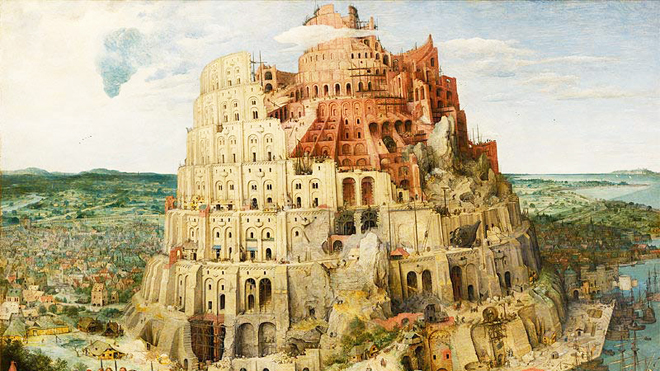
el arte y el misterio de la Masonería se introdujeron por primera vez, y de allí, transmitido por Euclides, un matemático digno y excelente de los egipcios; y se lo comunicó a Hiram, el Maestro Masón involucrado en la construcción del Templo de Salomón en Jerusalén ». Además del absurdo de derivar la masonería de la construcción de Babel, donde, según la historia, la confusión de las lenguas impidió que los constructores se entendìeran entre si y, por consiguiente, comunicaran cualquier conocimiento que tuvieran, existe una evidente contradicción en el punto de la cronología en el cuenta que él da.
El Templo de Salomón fue construido y dedicado 1004 años antes de la era cristiana; y Euclides, como se puede ver en las tablas de cronología, vivieron 277 antes de la misma época. Por lo tanto, era imposible que Euclides pudiera comunicarle algo a Hiram, ya que Euclid no vivió hasta 700 años después de la época de Hiram.
En 1783, el Capitán George Smith, inspector de la Real Academia de Artillería en Woolwich, en Inglaterra, y Gran Maestro Provincial de Albañilería para el condado de Kent, publicó un tratado titulado « El Uso y Abuso de la Masonería Libre ».
En su capítulo de la antigüedad de la Masonería, hace que sea coetáneo con la creación, « cuando », dice él, « el arquitecto soberano elevó en los principios masónicos el bello mundo, y ordenó a la ciencia maestra, la Geometría, establecer el mundo planetario , y para regular por sus leyes todo el estupendo sistema en una proporcion justa e infalible, girando alrededor del sol central ».
« Pero », continúa él, « no tengo libertad para descorrer públicamente la cortina, y abiertamente para disentir sobre esta cabeza; es sagrada, y siempre lo será; aquellos que son honrados con la confianza no la revelarán, y aquellos que no lo conocen no pueden traicionarlo ». En esta última parte de la frase, Smith se refiere a las dos clases inferiores, el compañero artesano y el aprendiz inscrito, porque dice en la siguiente página de su obra: “No todos los que apenas se inician en la Masonería libre son a quienes se les confiaron todos los misterios que les pertenecen, no se pueden obtener como cosas por supuesto, ni por cualquier capacidad.
El docto, pero desafortunado Doctor Dodd, Gran Capellán de la Masonería, en
su discurso en la dedicación de Free-Masons Hall, Londres, rastrea la Masonería a través de una variedad de etapas. Los masones, dice él, están bien informados por sus propios registros privados e
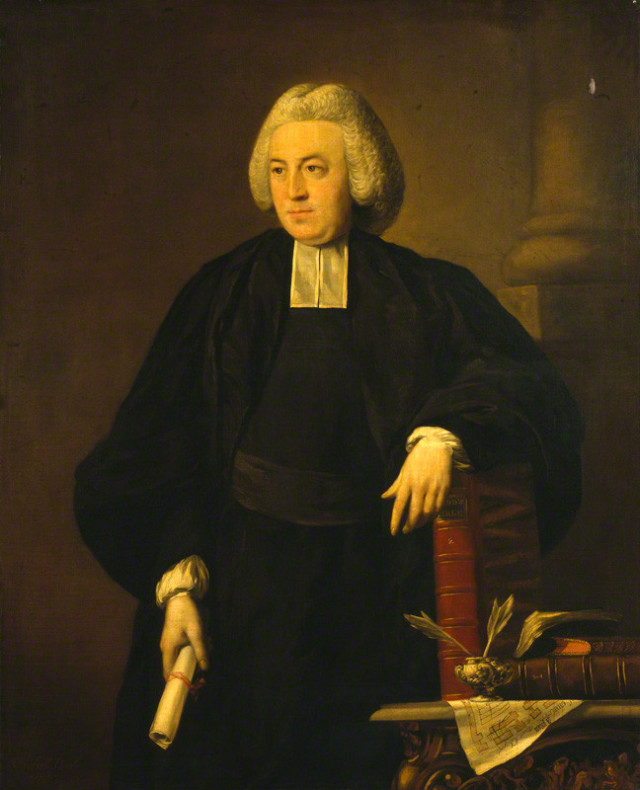
interiores de que la construcción del Templo de Salomón esuna era importante, de donde derivan muchos misterios de su arte. «Ahora » ,dice él, « recordemos que este gran evento tuvo lugar más de 1000 años antes de la era cristiana, y en consecuencia más de un siglo antes de que Homero, el primero de los poetas griegos, escribiera, y más de cinco siglos antes de que Pitágoras trajera al este, su sublime sistema de instrucción verdaderamente masónica para iluminar nuestro mundo occidental. Pero, por remoto que sea este período, no nos damos cuenta desde allí del comienzo de nuestro arte. Aunque podría deberse al sabio y glorioso Rey de Israel, algunos de sus muchas formas místicas y ceremonias jeroglíficás, sin embargo, ciertamente el arte mismo es coetáneo con el hombre, el gran tema de la misma ».
« Trazamos », continúa él, « sus pasos en las edades y naciones más distantes, más remotas del mundo. Lo encontramos entre los primeros y más famosos civilizadores del este. Lo dedujimos regularmente de los primeros astrónomos de las planicies de Caldea, de los sabios y místicos reyes y sacerdotes de Egipto, de los sabios de Grecia y de los filósofos de Roma ».
A partir de estos informes y declaraciones de los masones de primer orden en la institución, vemos que la Masonería, sin declarar públicamente eso, reclama una comunicación divina del creador, de una manera diferente y desconectada del libro que los cristianos llama a la biblia; y el resultado natural de esto es que la Masonería se deriva de una religión muy antigua, totalmente independiente y desconectada de ese libro.
Para llegar enseguida al grano, se deriva la Masonería (las costumbres, ceremonias, jeroglíficos y cronología y son los restos de la religión de los antiguos Druidas; quienes, como los Reyes Magos de Persia y los Sacerdotes de Heliópolis en Egipto, fueron Sacerdotes del Sol. Le rindieron culto a esta gran luminaria, como el gran agente visible de una gran primera causa invisible a quien denominaron «Tiempo sin límites ».
La religión cristiana y la masonería tienen un mismo origen común: ambos se derivan de la adoración del sol. La diferencia entre su origen es que la religión cristiana es una parodia del culto al sol, en la que ponen a un hombre al que llaman Cristo, en el lugar del sol, y le pagan la misma adoración que se pagó originalmente a el Sol, como lo he mostrado en el capítulo sobre el origen de la religión cristiana.»
En la Masonería, muchas de las ceremonias de los Druidas se conservan en su estado original, al menos sin ninguna parodia. Con ellos, el Sol sigue siendo el Sol; y su imagen, en forma de sol, es el gran ornamento emblemático de las logias masónicas y los vestidos masónicos. Es la figura central en sus delantales, y lo usan también colgante en el pecho en sus logias, y en sus procesiones. Tiene la figura de un hombre, como a la cabeza del sol, como Cristo siempre está representado.
En qué período de la antigüedad, o en qué nación, esta religión se estableció por primera vez, se pierde en el laberinto del tiempo no registrado. Generalmente se atribuye a los antiguos egipcios, los babilonios y los caldeos, y luego se redujo a un sistema regulado por el aparente progreso del sol a través de los doce signos del zodiaco por Zoroastro, el legislador de Persia, desde donde Pitágoras lo trajo a Grecia. Es a estos asuntos que el Dr. Dodd se refiere en el pasaje ya citado de su oración.
La adoración del Sol como el gran agente visible de una gran primera causa invisible, « Tiempo sin límites », se extendió por una parte considerable de Asia y África, de allí a Grecia y Roma, através de toda la antigua Galia y en Gran Bretaña y Irlanda.
Smith, en su capítulo sobre la antigüedad de la Masonería en Gran Bretaña, dice que «a pesar de la oscuridad que envuelve la historia masónica en ese país, varias circunstancias contribuyen a probar que la Masonería Libre fue introducida en Gran Bretaña alrededor de 1030 años antes de Cristo ». No puede ser Masonería en su estado actual al que Smith alude aquí. Los Druidas florecieron en Gran Bretaña en el período del que él habla, y es de ellos de donde desciende la Masonería. Smith ha puesto al niño en el lugar del padre.
A veces sucede, tanto en la escritura como en la conversación, que una persona deja escapar una expresión que sirve para desentrañar lo que intenta ocultar, y este es el caso de Smith, porque en el mismo capítulo dice: « Los druidas, cuando se dedicaron a escribir, utilizaron el alfabeto griego y me atrevo a afirmar que los restos más perfectos de los ritos y ceremonias de los druidas se conservan en las costumbres y ceremonias de los masones que se encuentran entre la humanidad ». «Mis hermanos », dice él, «pueden ser capaces de rastrearlos con mayor exactitudde lo que estoy en libertad de explicarle al público ».
Como el estudio y la contemplación del Creador, está en las obras de la creación, el Sol, como el gran agente visible de ese Ser, era el objeto visible de la adoración de los druidas; todos sus ritos religiosos y ceremonias tenían referencia al aparente progreso del Sol a través de los doce signos del Zodiaco y su influencia sobre la tierra. Los masones adoptan las mismas prácticas. El techo de sus Templos o Logias está adornado con un Sol, y el piso esuna representación de la cara abigarrada de la tierra, ya sea mediante alfombras o mosaicos.
Freemasons Hall, en Great Queen Street, Lincolns Inn Fields, Londres, es un magnífico edificio que cuesta más de 12,000 libras esterlinas. Smith, al hablar de este edificio, dice: ‘El techo de este magnifico salón es con toda probabilidad la pieza más alta de arquitectura terminada en Europa. En el centro de este techo, un Sol resplandeciente está representado en oro bruñido, rodeado de los doce signos del zodiaco, con sus respectivos personajes. El caso es que el día llamado el día de San Juan, es el 24 de Junio, y es lo que se llama el día de San Juan. El sol llega al solsticio de verano; y, con respecto a su altitud meridional, o la altura a mediodía, durante algunos días parece ser de la misma altura. El día astronómico más largo, como el día más corto, no es todos los años, a causa del año bisiesto, en el mismo día numérico, y por lo tanto, el 24 de Junio siempre se toma para el día de verano; y es en honor al sol, que ha llegado a su mayor altura en nuestro hemisferio, y no a San Juan, que este festival anual de los masones, tomado de los druidas, se celebra en pleno verano dia.
Las costumbres a menudo sobrevivirán a la remembranza de su origen, y este es el caso con respecto a una costumbre que todavía se practica en Irlanda, donde los druidas florecieron en el momento en que florecieron en Gran Bretaña. En vísperas del día de San Iuan, es decir, en la víspera del solsticio de verano, la luz irlandesa enciende en lo alto de las colinas. Esto no puede tener ninguna referencia a San Iuan; pero tiene una referencia emblemática del sol, que ese día está en su elevación más alta del verano, y podría decirse que en un lenguaje común llegó a la cima de la colina.
Aunque los masones han tomado muchas de sus ceremonias y jeroglíficos de los antiguos egipcios, es seguro que no han tomado su cronología desde allí. Si lo hubieran hecho, la iglesia los habría enviado pronto a la hoguera; como la cronología de los egipcios, como la de los chinos, va muchos miles de años más allá de la cronología de la Biblia.
La religión de los druidas, como se dijo antes, era la misma que la religión de los antiguos egipcios. 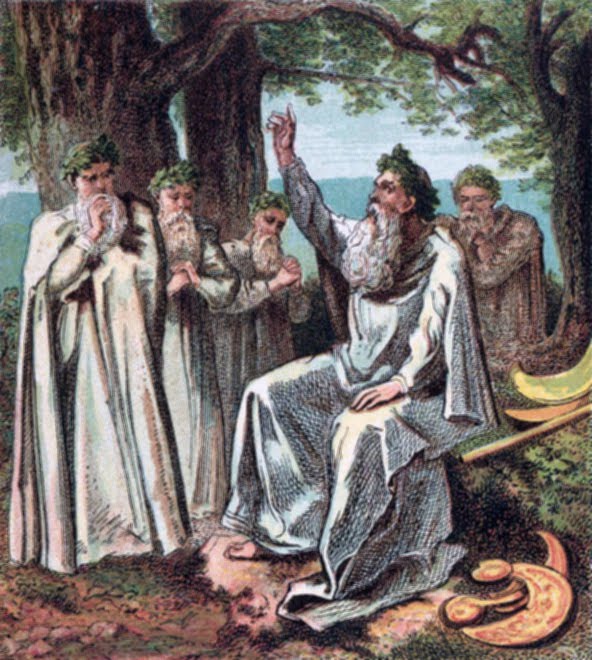 Los sacerdotes de Egipto eran los profesores y maestros de la ciencia, y fueron nombrados sacerdotes de Heliópolis, es decir, de la Ciudad del Sol. Los druidas en Europa, que eran del mismo orden que los hombres, tienen su nombre del teutón o antiguo idioma alemán; el alemán que antiguamente se llamaba Teutones. La palabra Druid significa un hombre sabio.
Los sacerdotes de Egipto eran los profesores y maestros de la ciencia, y fueron nombrados sacerdotes de Heliópolis, es decir, de la Ciudad del Sol. Los druidas en Europa, que eran del mismo orden que los hombres, tienen su nombre del teutón o antiguo idioma alemán; el alemán que antiguamente se llamaba Teutones. La palabra Druid significa un hombre sabio.
« Egipto », dice Smith, «de donde derivamos muchos de nuestros misterios, siempre ha tenido un rango distinguido en la historia, y una vez fue celebrado sobre todos los demás por sus antigüedades, su aprendizaje, su opulencia y su fertilidad. En su sistema, sus principales héroes-dioses, Osiris e Isis, representan teológicamente al Ser Supremo y la Naturaleza universal; y fisicamente las dos grandes luminarias celestiales, el Sol y la Luna, por cuya influencia toda la naturaleza actuó. Los hermanos con experiencia de la sociedad, » dice Smith en una nota a este pasaie « estan bien informados sobre la afinidad que estos símbolos tienen con La Masonería, y por que se usan en todas las Logias Masónicas. » Al hablar de la vestimenta de los masones en sus Logias, parte de la cual, como vemos en sus procesiones públicas, es un delantal de cuero blanco, dice, « los Druidas eran vestidos de blanco en el momento de sus sacrificios y solemnes oficios. Los sacerdotes egipcios de Osiris usaban algodón blanco como la nieve. El griego y la mayoría de los otros sacerdotes vestían prendas blancas. Como masones, consideramos los principios de aquellos «que fueron los primeros adoradores del Dios verdadero », imitar su vestimenta y asumir la insignia de la inocencia ».
« Los egipcios », continúa Smith, « en las edades mas tempranas constituyeron un gran número de Logias, pero con cuidado asiduo mantuvieron sus secretos de la Masonería de todos los extraños. Estos secretos han sido transmitidos imperfectamente a nosotros por la tradición oral solamente, y deberían mantenerse sin descubrir a los trabajadores, artesanos y aprendices, hasta que con un buen comportamiento y un largo estudio se familiaricen mejor con la geometría y las artes liberales, y así calificados para Maestros y Guardianes, que rara vez o nunca es el caso de los masones ingleses ».
Autor: Bro.Ruber Dario Aguirreche Reye, Venezuela


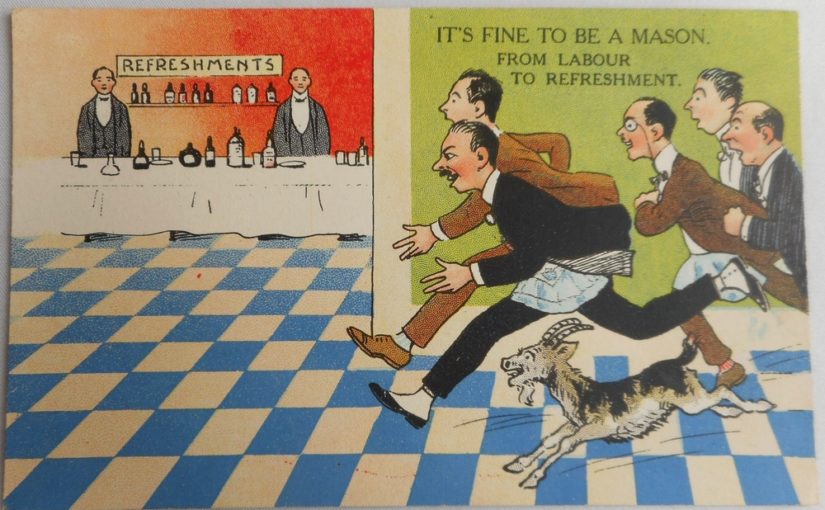
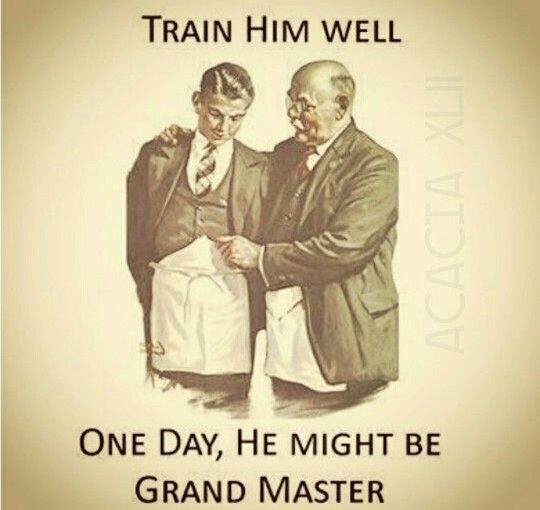
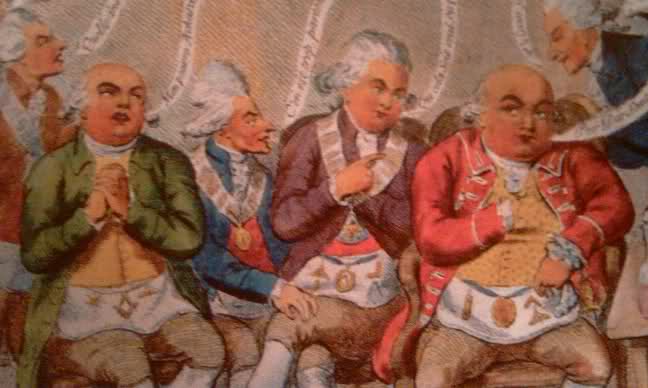
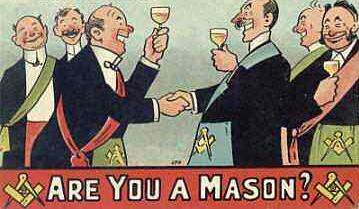
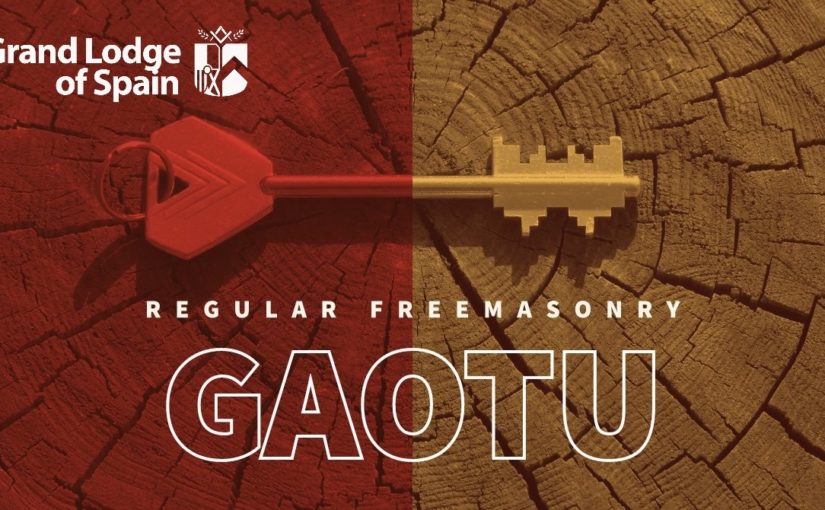
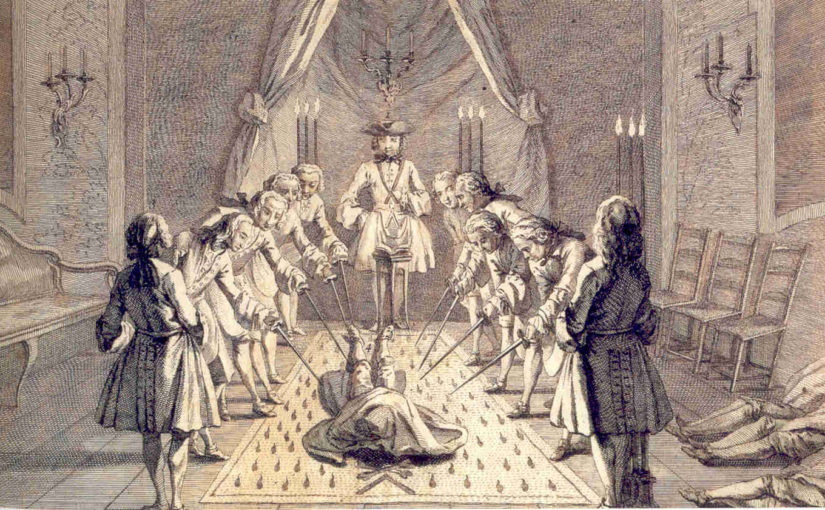

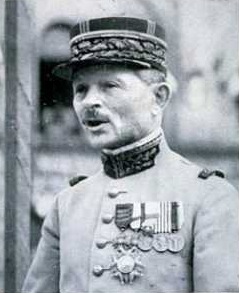 , and the Deputy Prime Minister Marshall Philippe Petain. Churchill flew to France on 11th June to meet Reynaud, Petain and Weygand; he discussed with them the defence of Paris by guerrilla warfare and house-to-house fighting, not knowing that Weygand had already ordered that Paris, which by now was almost deserted, be surrendered to the Germans. Petain and Weygand, who shared right-wing, anti-republican authoritarian and vehemently anti-communist views, were concerned that if the government went abroad the country would be broken up and easy prey for German and Italian colonisation. They wanted the French forces to retain enough power to repel communist overthrow. When Churchill returned to England that evening, it was clear that France was about to fall. He returned to Tours on 13th June, and Reynaud asked for a release from a previous agreement that he would not seek an armistice with the Germans without Britain’s consent.
, and the Deputy Prime Minister Marshall Philippe Petain. Churchill flew to France on 11th June to meet Reynaud, Petain and Weygand; he discussed with them the defence of Paris by guerrilla warfare and house-to-house fighting, not knowing that Weygand had already ordered that Paris, which by now was almost deserted, be surrendered to the Germans. Petain and Weygand, who shared right-wing, anti-republican authoritarian and vehemently anti-communist views, were concerned that if the government went abroad the country would be broken up and easy prey for German and Italian colonisation. They wanted the French forces to retain enough power to repel communist overthrow. When Churchill returned to England that evening, it was clear that France was about to fall. He returned to Tours on 13th June, and Reynaud asked for a release from a previous agreement that he would not seek an armistice with the Germans without Britain’s consent.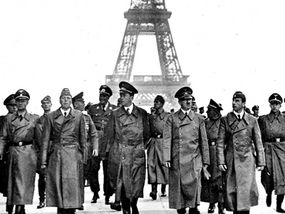 On 22nd June an Armistice, the Second Compiegne Agreement, was signed with Germany. The Northern and Western parts of France, constituting about 60% of the country, were occupied by Germany. The remainder was under the direct French control of a new government based in the town of Vichy. Both the Zone Libre (Vichy) and the Zone Occupee (North and West) were nominally under the control of the Vichy government. One of the conditions of reaching the armistice was that France would not have its territory divided up between Germany and Italy. The demarcation lines existed until the invasion of North Africa by the Allies in Operation Torch on 8th November 1942, when Germany took control of the whole of France.
On 22nd June an Armistice, the Second Compiegne Agreement, was signed with Germany. The Northern and Western parts of France, constituting about 60% of the country, were occupied by Germany. The remainder was under the direct French control of a new government based in the town of Vichy. Both the Zone Libre (Vichy) and the Zone Occupee (North and West) were nominally under the control of the Vichy government. One of the conditions of reaching the armistice was that France would not have its territory divided up between Germany and Italy. The demarcation lines existed until the invasion of North Africa by the Allies in Operation Torch on 8th November 1942, when Germany took control of the whole of France.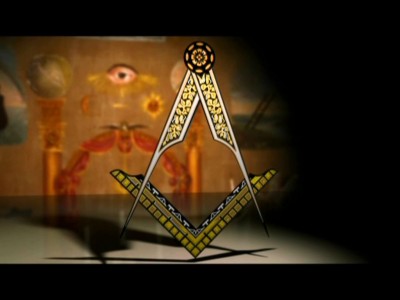
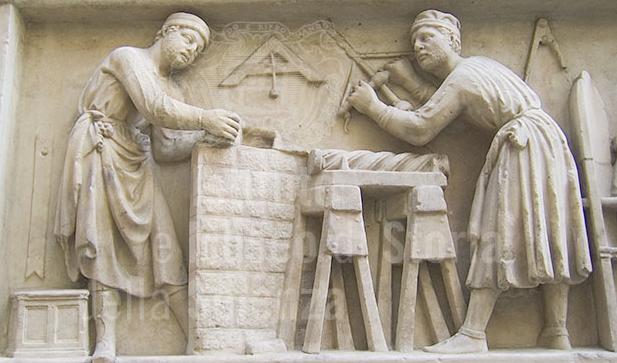


 Los sacerdotes de Egipto eran los profesores y maestros de la ciencia, y fueron nombrados sacerdotes de Heliópolis, es decir, de la Ciudad del Sol. Los druidas en Europa, que eran del mismo orden que los hombres, tienen su nombre del teutón o antiguo idioma alemán; el alemán que antiguamente se llamaba Teutones. La palabra Druid significa un hombre sabio.
Los sacerdotes de Egipto eran los profesores y maestros de la ciencia, y fueron nombrados sacerdotes de Heliópolis, es decir, de la Ciudad del Sol. Los druidas en Europa, que eran del mismo orden que los hombres, tienen su nombre del teutón o antiguo idioma alemán; el alemán que antiguamente se llamaba Teutones. La palabra Druid significa un hombre sabio.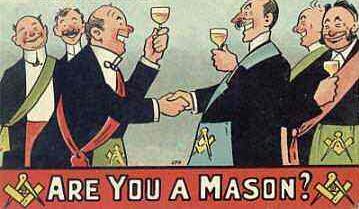
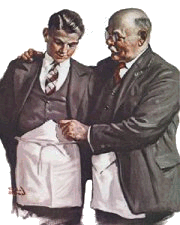 Other men are honest in fear of the punishment that the Law might inflict; they are religious in expectation of being rewarded or in dread of the consequences in the next world.
Other men are honest in fear of the punishment that the Law might inflict; they are religious in expectation of being rewarded or in dread of the consequences in the next world. 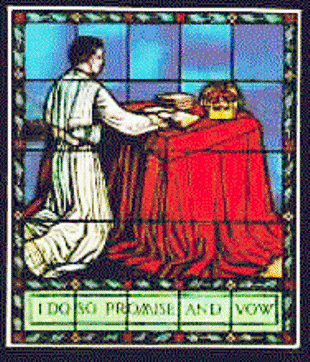 before the throne of God in gratitude for the blessings he has received and in humble solicitations for his future protection. He venerates the good men of all religions; he disturbs not the religion of other men. He restrains his passions because they cannot be indulged without injuring his neighbor or himself. He gives no offense because he does not choose to be offended.
before the throne of God in gratitude for the blessings he has received and in humble solicitations for his future protection. He venerates the good men of all religions; he disturbs not the religion of other men. He restrains his passions because they cannot be indulged without injuring his neighbor or himself. He gives no offense because he does not choose to be offended.